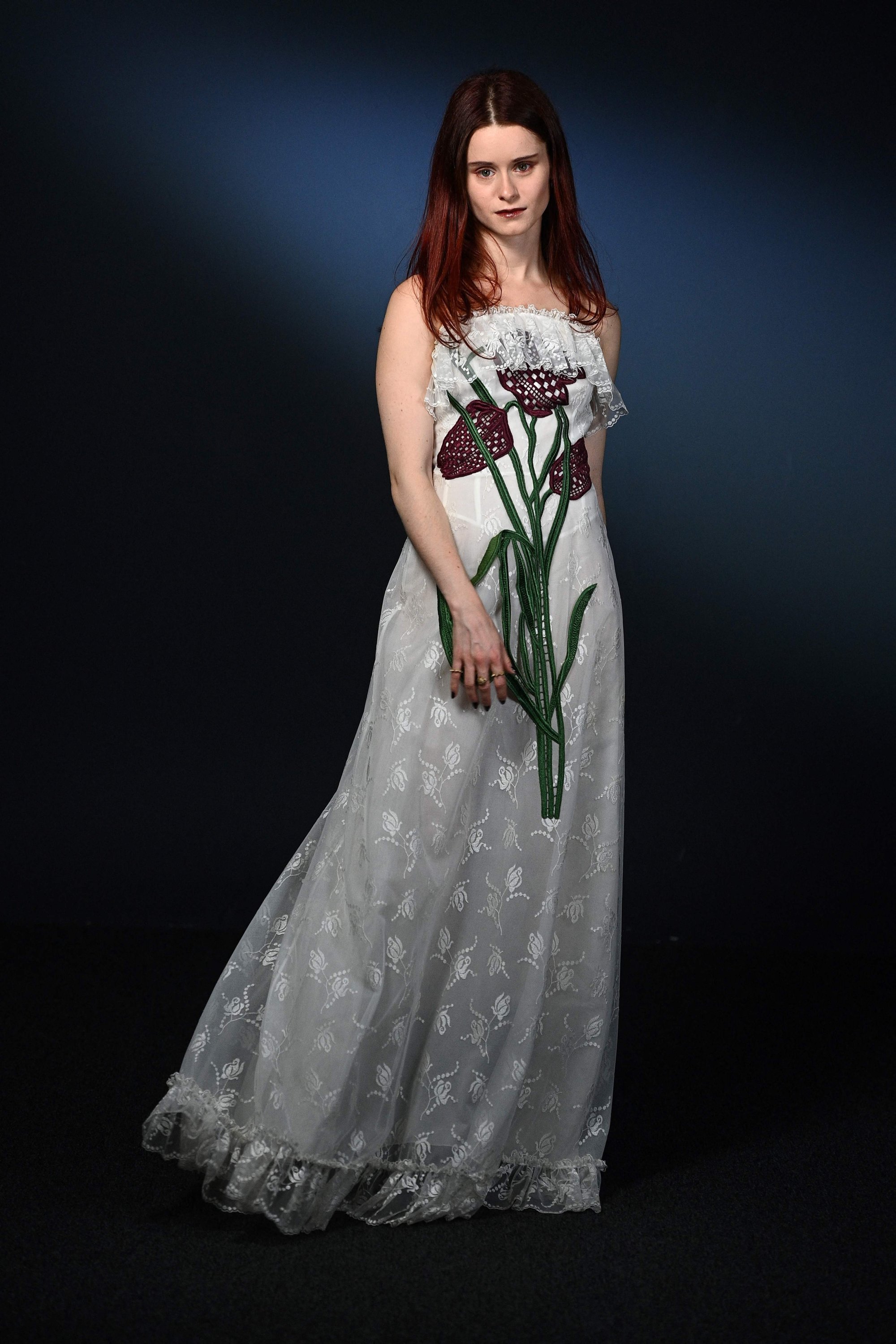Have you at any time sunk a pair of hundred bucks on a video clip recreation like Fortnite, wherever the outfit you invest in exists exclusively in the virtual planet to be worn by your digital character? If so, then you can make perception of a new trend in the style scene: The rise of digital clothes, similar to NFTs when you think about it.
“When I 1st started off talking about this, my good friends had been like, ‘What are you chatting about?'” claimed 27-yr-outdated Daniella Loftus. “But my 14-year-previous cousins recognized it straight away.”
For quite a few, the thought of getting clothes that don’t exist is a conceptual leap also considerably.
But emerging electronic fashion suppliers are tapping into a increasing market place – not genuine apparel but digitally generated outfits that suppliers basically photoshop onto a customer’s images or films to be posted onto Instagram and somewhere else.

Shortly they are possible to come to be a way to costume your avatar when interacting in on the web online games and meeting locations, all likely even though reclining in sweat trousers in your very own household.
British influencer Loftus sees so a great deal prospective that previous month she gave up her job with a fashion consultancy to commit herself complete-time to her site, This Outfit Does Not Exist.
Her Instagram demonstrates the possible of virtual clothes that will not need to obey the guidelines of physics – from a shimmering silver liquid pantsuit with tentacles to a wobbling pink development with lasers firing out of her bustier.
“Electronic is coming to overtake bodily. Kids are asking just about every other: ‘What skin did you have in this game yesterday?'” claimed Loftus.
Eye-catching
Isabelle Boemeke, a Brazilian model and influencer, is already an avid customer of digital outfits.
Online, she is acknowledged as Isodope and merges significant fashion with a critical motivation to cleanse electrical power and environmental activism.
Her other-worldly design matches neatly with her concept.
“I preferred to do anything pretty eye-catching and daring. If my movies featured me carrying a T-shirt and denims, they wouldn’t have the similar enchantment,” Boemeke instructed Agence France-Presse (AFP).
“Types at present have the flexibility to share a lot more about their personal lives and personalities. I’m a major nerd and I like expressing myself in unique means by vogue or make-up.”
Which is the demand, so the source is coming quick.
Outfits on electronic trend retail store DressX range from $25 hats to peculiar jellyfish-like dresses for hundreds of bucks.
“Each and every brand in the future will be on board with electronic style,” reported DressX co-founder Daria Shapovalova.
Its personal analysis states 15{362bf5cdc35eddfb2532d3c23e83b41deb229c4410d15cb1127c60150cbd4488} of buyers are accomplishing so for Instagram posts, and virtually a quarter located it contented their have to have for a new merchandise of clothing.
“You you should not always have to have physicality to working experience the thrill of carrying an incredible garment,” claimed Michaela Larosse, of The Fabricant, which sold the very first-at any time digital-only dress in May possibly 2019 for $9,500.
“We will all have a digital self, we are going to have an avatar and you can be able to connect one thing about you, who you are, what you might be intrigued in, through the iteration of your avatar.”
Lessening squander
Environmental considerations are also important to their attractiveness.
The classic style sector is a single of the most significant pollutants and squander turbines on the earth – a issue built by Extinction Riot protesters who stormed the Louis Vuitton catwalk in Paris on Tuesday.
“I know a lot of women of all ages who purchase an outfit, put on it after for a solitary photograph and under no circumstances once more,” said Boemeke.
“They could decrease use and waste by using digital vogue for a few of individuals posts.”
The pandemic was an clear accelerator for these businesses.
“People were caught at residence with nothing at all to do. They experienced nowhere to put on all those stunning dresses,” said Loftus.
She is distinct that digital style is not still for absolutely everyone – and might never ever be.
“I never know if a great deal of the persons who do this things on-line in fact want to meet up with persons in individual. I assume that a whole lot of their demands and needs can be happy on the net,” stated Loftus.
It may also demonstrate a wonderful leveler – a way for anti-social folks to (nearly practically) lose their skin and adopt yet another.
“You could possibly be an accountant with a wife, young children, and you are delighted getting quite mundane in actual daily life, but then the way you want to categorical your self in these digital worlds is fully unique,” she said.
